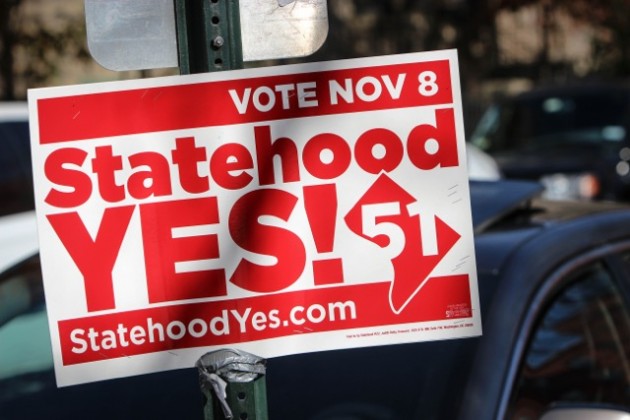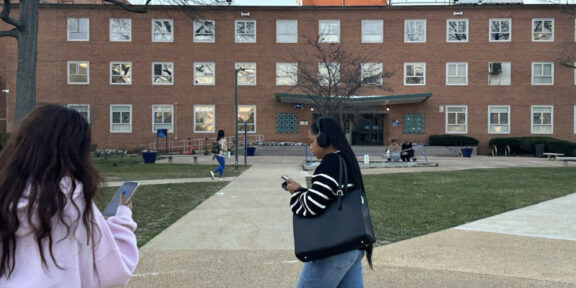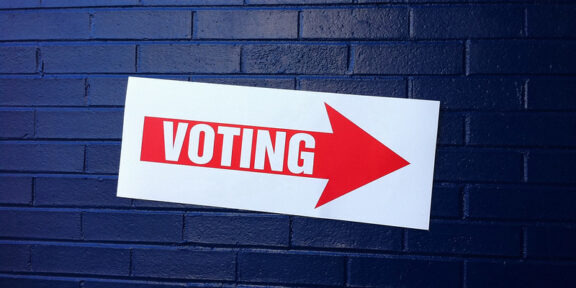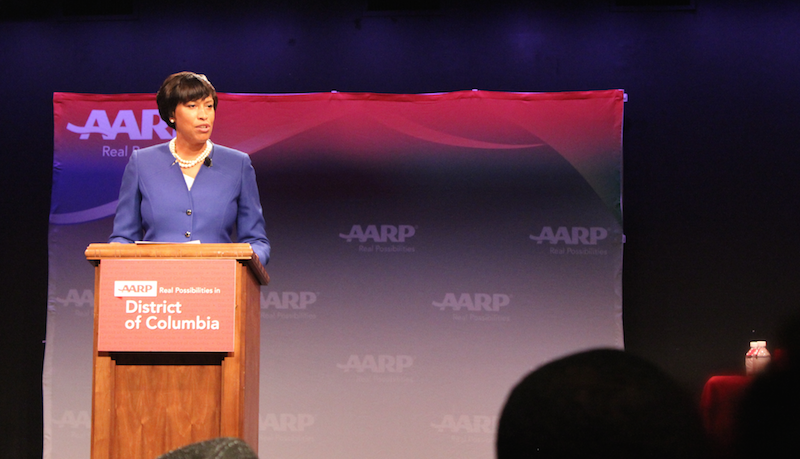With the onset of the 2008 Democratic presidential primaries splashed across every American newspaper, radio, and television stand, the unmistakable reality for the political world is evident: when it comes to diversity in politics, it’s a brand new day. Most notably in this generation of “new school” politicians is presidential hopeful, Barack Obama, a relatively green African American Senator from Illinois. Shining amongst peers like Harold Ford and Kwame Kilpartick, Obama has been deemed a candidate giving voice to black and brown voters who often feel underrepresented or slighted in U.S. voting procedures. Though talented, however, these young black male politicians are not the first to take a stab at political office. They, however, are the first to get as far in their particular arenas. Thus, with so many advancements in diversity taking place in the 2008 presidential election, the world wonders: why is the world so ready for black male politicians now?
Black male participation in American politics is nothing new. Black men participated in Georgia politics for the first time during Congressional Reconstructiondating from the end of slavery to 1877. Between 1867 and 1872 sixty-nine African Americans served as delegates to the constitutional conventionor as members of the state legislature. Jefferson Franklin Long, a tailor from Bibb County, sat in the U.S. Congress from December 1870 to March 1871. The three most prominent black legislators were Henry McNeal Turner, Tunis G. Campbell Sr., and Aaron A. Bradley.
In the 20th century, blacks also vied for different political offices including the presidency. Jesse Jackson first ran for The Democratic Nomination in 1984 and 1988. Although he didn’t win, he put up an impressive total of 450 delegates in 1984 and in 1988 received 1200 delegates, surpassing Shirley Chisholm’s presidential attempt in 1972. At The Democratic National Convention, Jackson said, “Yet we are called to a perfect mission: our mission to feed the hungry; to clothe the naked; to house the homeless; to teach the illiterate; to provide jobs for the jobless; and to choose the human race over the nuclear race.” Other notable back male politicians of the 20th century include Coleman Young, former mayor of Detroit, Michigan and Harold Washington, former mayor of Chicago, Illinois.
So what makes the new school generation of black male political leaders, those whose popularity has rise post Reganonomics and the crack cocaine epidemic, “spring from the mountain top?” There are two main reasons, according to sociologists. Firstly, they pay homage to old school traditions, customs, and trailblazers. For example, like many black leaders before, this new generation knows the value of the black church to obtain support and backing. Black churches are a site of organized, committed, well-networked, partisan faithful who can be influenced and mobilized by adept candidates.
No local, state or national official can claim to have actively courted the African American vote without regular and visible attendance at black worship services. In both 1984 and 1988 Reverend Jesse Jackson’s primary presidential campaigns were built on the structure of black Southern and urban congregations. Black church voters have been such powerful and reliable allies to Democratic candidates that Republican “Big Tent” strategies have targeted black Christian voters, hoping to chip away at the loyalty of African American believers through moral wedge issues like gay marriage and abortion. Senator Obama, who garnered much of his support in Illinois through the utilization of the black church, was recently forced to separate himself from his long time pastor, Jeremiah Wright, of Trinity Baptist Church because of the “un-patriotic” remarks made by the reverend. “It’s a shame that he had to do that,” commented United States congressional staffer James Paul. “It’s a shame that right now everything that gets any airtime is negative. Nobody’s paying attention anymore to the real issues. We want to know who’s pastor said what, and who lied about what…not who’s health care plan will help who, and who’s Iraq withdrawal plan will be most efficient.”
Secondly, the new generation of black male politicians are shinier, slicker, and a lot of times less radical (at least publicly) versions of their role models. For example, current Detroit mayor, Kwame Kilpatrick, doesn’t air on the side of humility. Almost like an entertainer, Kilpatrick has been known to flaunt expensive jewelry, flamboyant suits, and furs. The mayor was also recently involved in a very public sex scandal with his chief of staff. Mayor Kwame Kilpatrick and his chief of staff lied about their relationship last summer at a police whistle-blower trial that has cost the cash-strapped city more than $9 million, according to records obtained by the Free Press. The false testimony potentially exposes them to felony perjury charges, legal experts say.
The lack of overt radicalism also makes these candidates more appealing to white voters. Some black analysts have attacked these new officials for being too moderate. Thus Susan Anderson, writing in The Nation, blasted the new generation of black politicians for caving in to the expediency of building political coalitions rather than being advocates for the economically disenfranchised black masses. Similarly, in a nationally syndicated column headlined “BEWARE OF ‘CROSSOVER’ POLITICS,” Tony Brown warned that the election of blacks by whites will only result in black politicians’ turning their backs on black interests in order to appease their new white constituents.
“It’s true, I must say,” said Howard University student Sarah Richardson. “But you have to do it…as a black person, if you only address ‘black’ issues, you’ll only get the black vote…and blacks only constitute somewhere around 15 percent of the population. That’s not to even take into account the unfair numbers of black men and women who are disenfranchised due to felony charges in their pasts.”
For conservatives, positing a “new generation” of black politicians preserves the Reagan-era contention that the problems facing minorities are largely of their own making. According to the theory as it has emerged on the pages of The Wall Street Journal, whites would not vote for “old-generation” black politicians, not because many whites harbored racist sentiments but because black politicians had not evolved to the point at which they would be worthy of white support. The new-generation theory moreover, allows for the dismissal of the old generation, primarily the always inconvenient Jesse Jackson, as obsolete.





